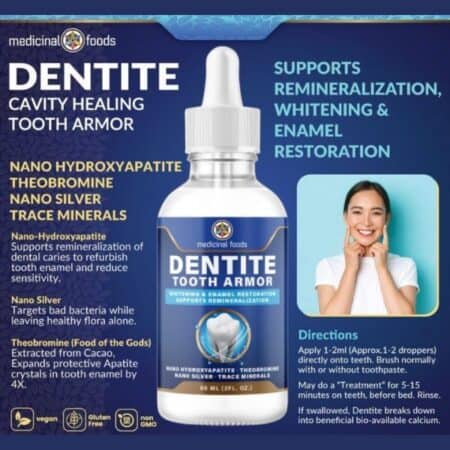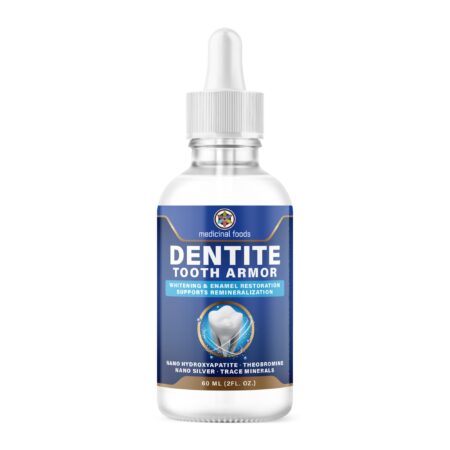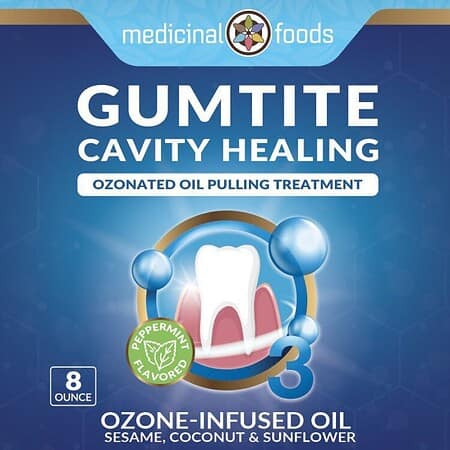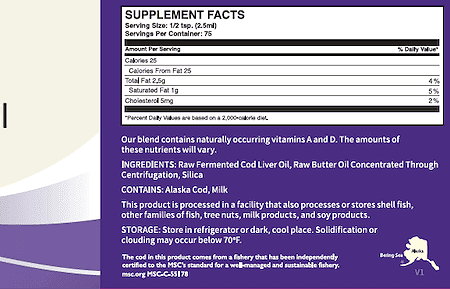Prebiotics vs Probiotics is an intriguing dispute for some but a sore subject for others.
So, what do they mean? Are they somehow similar? We wanted to find out. Let’s find out here now!
What you put into your body is what you get out. So it’s more accurate to say that you’re providing food for the zillions of microorganisms that call your gut home.
What Are Microbes, and How Do They Affect Us?
Millions of microbes can fit in the eyes of needles and are so strong that they may cause many health problems, including allergies, autoimmune disorders, and even cancer.
Even though they are 10 times larger than human cells, they only make up 1% to 3% of the body’s total mass.
All of your body’s tissues, including the gut lining, are covered with tiny organisms, the majority of which are bacteria. The microbiome is the name given to this micro-ecosystem.
Even if we aren’t aware of it, it plays an important role in our general health and may impact our moods and actions.
The food you feed your microbiome might be the most important element in its health, which is unexpected. Having a healthy microbiota and a healthy body is a good thing.
You need to ensure a healthy mix of bacteria in your gut to maintain a healthy microbiome.
It is possible to maintain this equilibrium in your system in two ways: by feeding the microorganisms already in your system the food they appreciate (prebiotic) or by injecting live microbes straight into your system (probiotic).
What Are Prebiotics and Probiotics?
Prebiotics
This group of plant fibers is known as prebiotics. This is because they work as fertilizers to grow good bacteria in the intestines.
Prebiotics may be found in many vegetables and fruits, but resistant starch and fiber-rich ones are particularly rich sources.
Microbes and bacteria feed on them since they can’t be digested by your body; thus, they pass through the digestive system.
Benefits
Many diseases, such as colorectal cancer and intestinal inflammation, benefit from prebiotics, which are not merely gut microbiota controllers.
Constipation and obesity are two more conditions that they can alleviate because of their role in mineral absorption. But prebiotics may help you here!
Stronger Immune System
In addition to boosting the immune system, prebiotics positively impacts the digestive tract. The adaptive and innate immune systems in the mucosa are thought to be influenced by gut bacteria.
Therefore, probiotics, especially bifidobacteria and lactic acid bacteria, may have an indirect or direct effect by growing in the gut.
In addition, gut-associated lymphoid tissue activity is increased by prebiotics, resulting in improved well-being and a lower risk of illness.
Preventative Food for Colon Cancer
Prebiotics may help prevent colorectal cancer by modifying bacteria in the colon.
Anticancer advantages are attributed to various processes, including the production of SCFA in tumor cells and alterations in gene expression.
In addition, a rise in various indicators for colorectal cancer has been shown in several preclinical and epidemiologic investigations after prebiotics have been used.
Preventing Crohn’s and Colitis
Many pioneering studies are devoted to developing novel medicines targeting gut microbiota, which is the fundamental cause of inflammatory bowel disorders.
For example, Prebiotics may modify the microbiota by improving the mucosal barrier. This may help reduce bowel disease symptoms by reducing inflammation (IBD).
Get Rid of Diarrhea
Constipation may be exacerbated by intestinal dysbiosis. Prebiotics, such as bifidobacteria, may help alleviate constipation by promoting the development of helpful bacteria.
Through trophic effects on epithelial cells, bacteria create SCFAs that influence intestinal motility. Consequently, the area’s blood flow and intestinal movement are both improved.
Obesity Prevention
Low-grade inflammation that affects glucose and fat metabolism may be caused in part by gut microbes.
It’s common for weight growth to cause these kinds of problems. Gut barrier health and intestinal inflammation may be improved by taking prebiotics, which may help reduce metabolic alterations and weight loss.
Add Several Minerals to Your Diet
Beneficial for bone mineralization, prebiotics help absorb important minerals, including magnesium and calcium.
Prebiotics strengthen the acidification of the gut lumen by increasing the lubricity of minerals in the gut. The calcium-binding proteins in the large intestine increase as a result of this.
The list of foods includes:
-
Apples
-
Oatmeal made with whole oats.
-
Cranberry
-
Rye
-
Wheat
-
Legumes
-
Onions
-
Mushrooms
Probiotics
Probiotic strains of bacteria increase the number of good bacteria in your digestive system, which is why they’re called "probiotics."
Probiotics, like prebiotics, may be taken in supplement form or incorporated into food. Yogurt is perhaps the most widely consumed probiotic food.
Fermentation of milk with various bacteria results in yogurt, which is then left in the final product. Sauerkraut, kimchi, and kombucha, among other fermented foods rich in bacteria, are good sources of probiotics.
Live organisms may also be included in probiotic supplements.
For example, a particular strain of microorganisms or a mixture of germs may be included in a single dosage.
Like prebiotic supplement makers, probiotic supplement makers advertise their products for particular illnesses such as IBS, much like prebiotic supplement makers.
Biotics may be found in various foods, and a trained dietitian may help you identify them.
Benefits
A wide range of benefits may be gained, including:
-
Bring the microbiota back into equilibrium after treatment or sickness.
-
Immune functions are aided.
Probiotics may help with various health issues, some of which are listed below.
Diarrhea
Treatment of the symptoms of diarrhea and gastroenteritis, an inflammation of the lining of the stomach that may induce diarrhea, has shown beneficial outcomes with some probiotic strains.
Diarrhea may be treated with probiotics, including occasional infectious diarrhea, severe watery diarrhea, and diarrhea resulting from the Rotavirus.
It’s conceivable that the outcomes will be influenced by the probiotic’s type and dosage.
Mental Health Problems
In research investigations, the gut microbiota has been linked to the neurological system, which includes the brain. The gut-brain connection is the term used to describe this relationship.
Bacteria found in the intestines may impact the neurological system and how individuals perceive the world.
Emotional health issues, including depression, depression, and even certain neurological conditions, might benefit from the use of probiotics.
High Cholesterol
Lactobacillus bacteria, a probiotic, may help lower levels of "bad" cholesterol and overall cholesterol by consuming foods rich in Lactobacillus bacteria.
High Blood Pressure
Lactobacillus strains may lower blood pressure by fermenting milk.
Additionally, the research found that ingesting probiotics may raise vitamin D levels, which helps lower high blood pressure.
The bacteria included in probiotics aid in preventing and treating heart disease if an additional study shows that they may reduce blood pressure levels.
Inflammatory or Irritable Colon
Irritable bowel syndrome (IBS) may benefit from probiotics (IBS). IBS symptoms may be alleviated by taking a multi-strain probiotic.
Infection
The probiotic bacteria Lactobacillus paracasei has been shown to protect the gut against Listeria, a more harmful form of bacteria.
They have a lower risk of disrupting the microbiome’s equilibrium if they are more effective than regular antibiotic therapy.
The list of these foods includes:
-
Yogurt
-
Kefir
-
Buttermilk
-
Soft cheese
-
Tempeh, miso and various soy beverages are examples of soy products.
-
Kimchi
-
Sauerkraut that has not been pasteurised
-
Cereal
Risks and Precautions
These are generally safe for most individuals, but there are a few things to consider before taking them or increasing your intake.
Even while probiotics are typically harmless for healthy individuals, those with weakened immune systems or other health issues should be aware that they may be harmful to them.
They may need consideration in:
-
Infection.
-
Chemicals damaging to the body that are discharged into it.
-
Drug-resistant bacteria.
Those with health issues should always seek the advice of a doctor before using supplements or making significant lifestyle changes.
Prebiotics and Probiotics
Using Probiotics and Prebiotics in Combination
The presence and functionality of probiotic bacteria are both dependent on the diet. They won’t compete with other bacterial species for space in the gut if they don’t have the right substrate.
As a result, "synbiotics" have been developed, a product that boosts the ability of beneficial bacteria to survive in the digestive system by combining prebiotics with probiotics.
Synbiotic prebiotics includes prebiotics that promotes the development of probiotics, not infections, as a primary reason to include prebiotics in your diet. You can get the most out of your probiotic supplement with the right prebiotic. Take prebiotics at the right time to get the most out of them.
What Is the Recommended Dose of Gut Flora Supplement?
Adding these supplements may be quite beneficial, especially for restoring gut flora.
In actuality, fewer than 10% of Americans are believed to be consuming the daily recommended amount of fiber.
These supplements may help you obtain the required daily fiber intake if you’re having trouble doing so.
These biotics are found in various foods, making it difficult to gain enough fiber (such as inulin) from diet alone. Your chances of activating probiotics and improving your gut health will increase if you consume more prebiotics.
No matter which side you take in the debate of Prebiotics vs Probiotics, both are essential to a healthy diet and lifestyle, and they have numerous benefits.
You can’t maintain a healthy microbiome if you don’t consume enough of these in your diet. Those who dislike prebiotic-containing food may want to consider supplementing their diets with prebiotics.


























